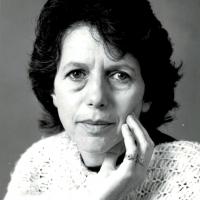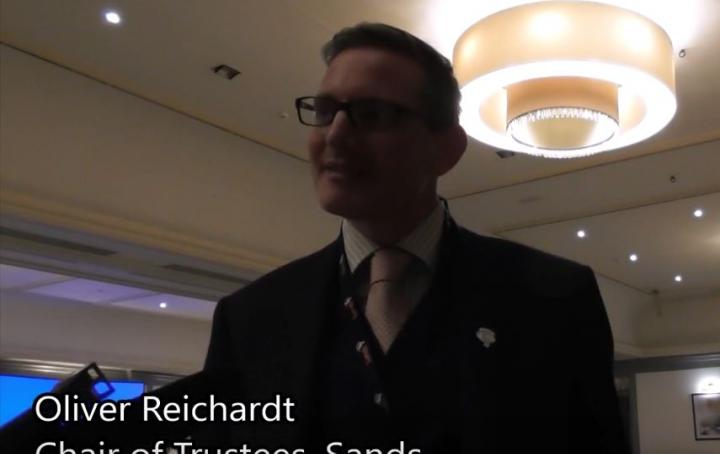
Hazelanne Lewis
Patron
In 1975 I gave birth to a baby boy who was stillborn. At the time, partners were not encouraged to be with you during labour. Maternity units acted on an ‘out of sight, out of mind' basis, with the stillborn baby being whisked away and out of the room before the mother could see him.
Partners were told to register the birth and grant permission to the hospital to bury the baby. There was no room on the death certificate for the baby’s first name. They were advised not to talk to the mother about the baby as that would upset her. Never mind the fact that fathers also had feelings. There was no support or guidance for professionals too.
It’s difficult to mourn your baby with no tangible memories, and people cross the road to avoid talking to you and there is no acknowledgement of the need to mourn. The thought of the next baby was offered as a sticking plaster to cure the pain of the loss.
I reached out through the press (no social media then) to try and gain support for educating professionals on the needs of bereaved parents. The response from bereaved parents was overwhelming and indicated a clear need for support. From that I went on to found Sands.
I am stunned by how Sands has grown into the effective, influential organisation it is today. I had hopes 40 years ago that it would be a viable organisation, but never dreamt it would be as powerful as it is.


